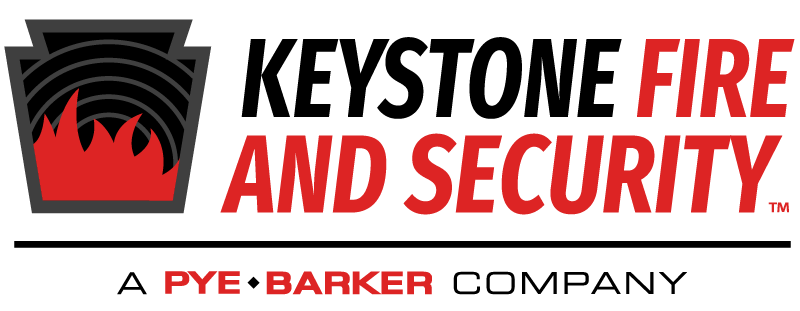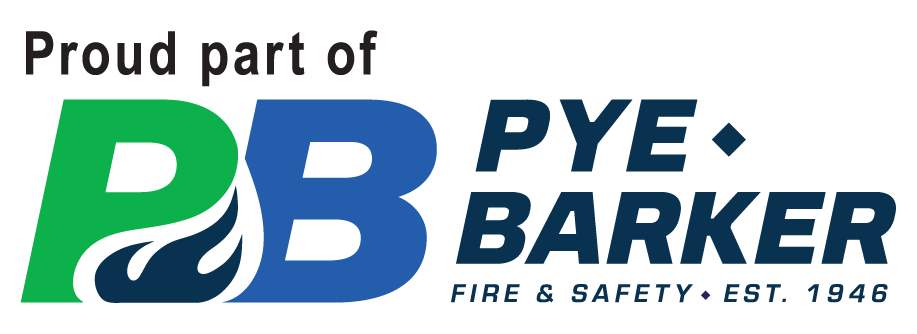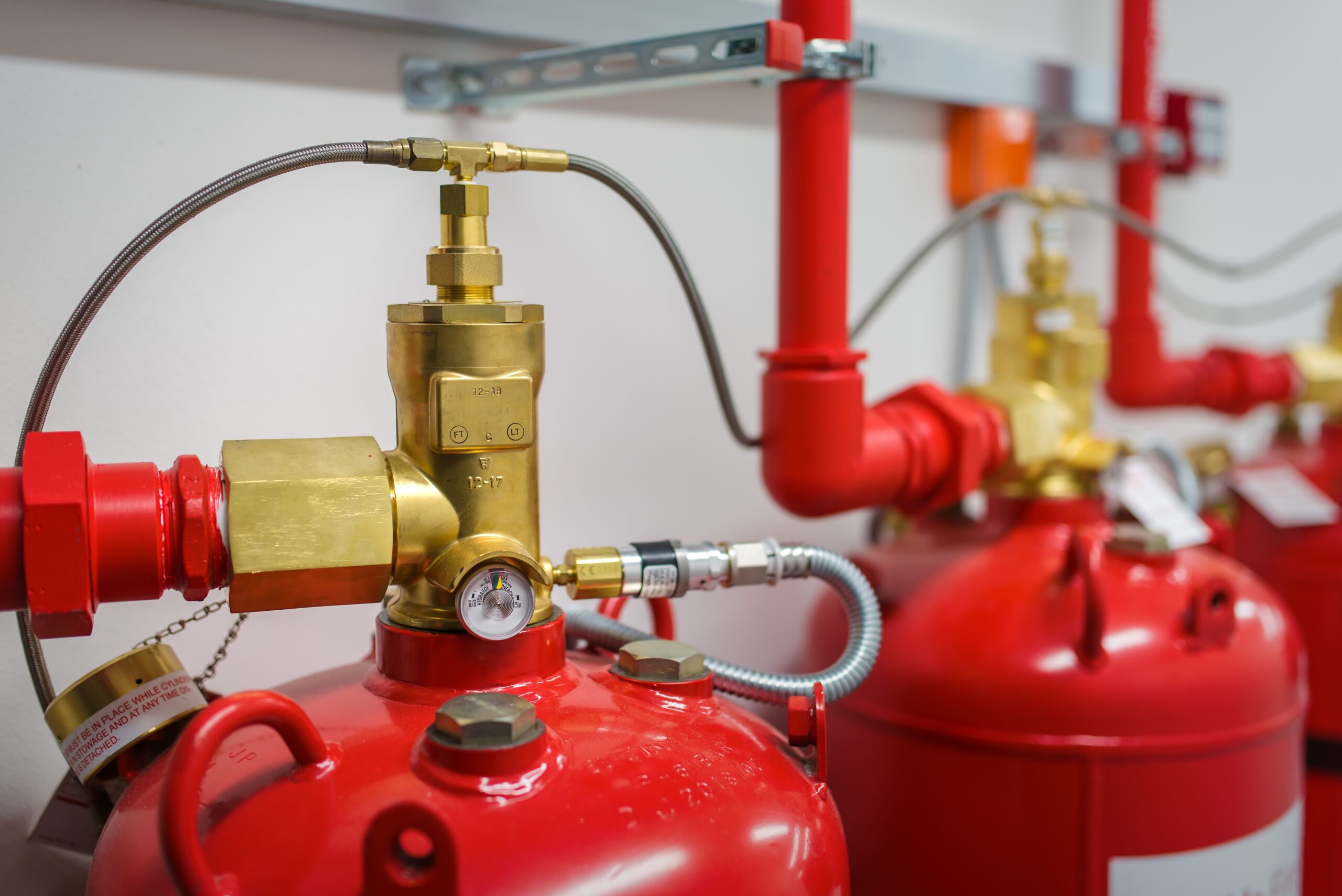Industrial factories have heavy equipment, chemicals, and bulk production jobs. These dangerous environments have plenty of potential for fire hazards including flammable substance, electrical malfunctions, and combustion of machines. Industrial fire protection systems have a crucial task of providing a safe environment to people, machines, and facilities because the prospect of destructive damages is so prevalent.
Do you need a fire suppression inspection in Delaware? These systems are, therefore, designed to suit specific needs of individual industrial conditions, reconciling fire suppression requirements with the avoidance of interference with required operations.
Common Hazards in Industrial Setting
Manufacturing plants, chemical plants, and other industries are exposed to numerous specialized fire hazards. Among the most prevalent of such hazards are:
- Flammable Liquids and Gases: Industrial facilities are likely to produce or use flammable gases and liquids. They are susceptible to igniting and causing gigantic fires if not handled properly.
- Electrical Fires: Electrical fires are due to overloaded circuits, poor wiring, and equipment failure, particularly where there is extensive use of heavy machinery and electrical appliances.
- Combustible Dust: In woodworking, food processing, and drug manufacturing, dust is very flammable when it accumulates. When combusted, dust is capable of causing fast and devastating fires.
Selecting the Appropriate Fire Suppression System
Industrial buildings have unique fire suppression requirements, and selecting the appropriate system is important. Some of the most effective systems to safeguard industrial buildings are:
Clean Agent Fire Suppression Systems
As in data centers, clean agent systems are at the top of the list for industrial complexes since they offer quick, efficient fire suppression without destroying expensive equipment. Clean agents like FM-200, Novec 1230, and Inergen are non-conductive and leave no residue when they operate, making them very well-suited for facilities with high-cost equipment and machinery. They smother fire by interfering with the chemical process of fire, halting it dead in its tracks before it has a chance to do much damage.
Keeping the inspection in-state? Try our fire suppression inspection in Bucks County, PA, and nearby.
Dry Chemical Fire Suppression Systems
Dry chemical systems are suitable in situations where there is flammable liquid or gas in the environment. Dry chemical systems discharge a powder that extinguishes the fire and stops it from relighting. Dry chemical suppression systems are commonly utilized in manufacturing facilities, warehouses, and laboratories where a fire can quickly spread.
Water Mist Fire Suppression Systems
Water mist systems are gaining popularity as an application for industrial use because of how effective and able they are. Unlike other sprinkler systems, water mist systems are able to produce extremely small droplets which pull heat from the flame and snuff it out without causing collateral damage. They are especially well-suited for use where common water-based sprinklers would be poorly suited, such as in front of delicate hardware or in value inventory storage rooms.
Foam Fire Suppression Systems
Foam fire suppression systems are regularly applied to industrial facilities where there is storage or processing of flammable liquids. Foam covers the fire, starving it of oxygen by preventing it from breathing. Foam systems are suitable for uses like fuel storage tanks, chemical facilities, and hazardous materials handling warehouses.
Fire Safety Compliance in Industrial Facilities
Industrial facilities are governed by strict fire safety codes, such as those of the National Fire Protection Association (NFPA), Occupational Safety and Health Administration (OSHA), and local building codes. These codes manage anything from the installation and maintenance of fire suppression systems to employee training and routine inspections.
Some of the most important fire safety compliance standards are:
- Periodic System Test: All fire suppression systems are to be checked periodically to determine whether they are in the proper operating condition. This involves testing for leaks, checking that suppression agents are not damaged, and that the detection apparatus is functioning.
- Employee Fire Safety Training: Workers need to be trained in fire safety protocol and be able to act if a fire breaks out. They need to know how to use fire extinguishers, evacuate the building, and turn on fire suppression systems when required.
- Emergency Response Plans and Drills: Periodic fire drills are essential for training employees to respond rapidly and in an effective manner in the case of a fire. The drills must be real-life simulations and provide everyone with information on their roles under the emergency response plan.
Why Fire Suppression Is Critical for Industrial Facilities
The consequences of a fire in an industrial facility can be severe. From damage to the equipment and structure to loss of precious inventory, fires can be very costly and even fatal. Installation of a functioning fire suppression system is not only required for regulatory compliance but also an essential step in the safeguarding of the facility, employees, and operations.
By investing in the appropriate fire suppression systems and maintaining them, industrial plants can reduce the risk of a fire, lower the chances of damage, and continue to operate smoothly. With fire suppression systems designed to the unique needs of each facility, businesses can safeguard their assets while they are in compliance with fire safety codes. Contact us today.


